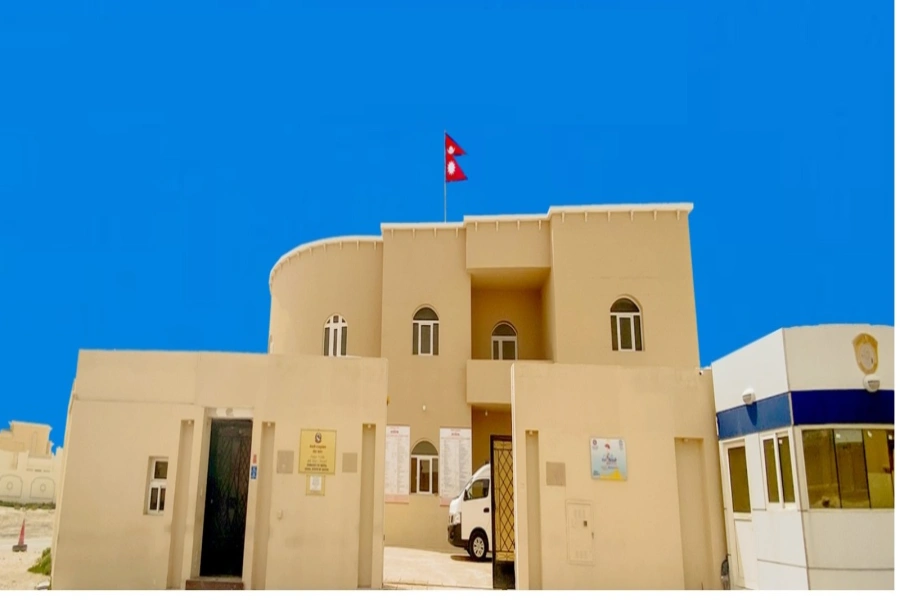Nepal stands at a critical juncture in its pursuit of justice and reconciliation through the Transitional Justice (TJ) process. The nation has faced a long and arduous journey since the end of the armed conflict in 2006, striving to hold perpetrators accountable and provide closure and reparations to the victims of the conflict. The urgency to conclude this transitional justice process cannot be overstated, for any further delay risks tarnishing Nepal's reputation as a country committed to upholding the fundamental human rights of its people. The recent progress made in the sub-committee meeting of the parliamentary committee on Saturday, leading to an agreement on the bill's report, is a positive step forward. However, it is imperative to acknowledge that there are still unresolved issues that require immediate attention and resolution. The stakeholders involved must demonstrate the political will and commitment to address these outstanding concerns promptly.
Reviewing transitional justice

The TJ process is an essential avenue to address the atrocities, human rights violations, and scars that have haunted our society for years. Prime Minister Pushpa Kamal Dahal has shown a willingness to finalize the Transitional Justice Bill. The recent endorsement of the transitional justice bill by the parliamentary sub-committee is a step in the right direction. However, we cannot afford to overlook the pressing need to promptly resolve the lingering issues and move this process forward. The unresolved matters primarily pertain to defining human rights violations such as arbitrary and capricious killings, and non-combat killings, and how to address those involved in and affected by the armed conflict. Additionally, concerns regarding sentence reduction and consent for reconciliation in cases of human rights violations need to be addressed. These issues require careful deliberation and consensus-building. The involvement of the main opposition leader, CPN-UML chairman KP Sharma Oli, in advancing this legislation is pivotal. It signifies a glimmer of hope for bipartisan cooperation, which is vital to ensure the smooth progression of the TJ process. The cautious stance of the UML towards the TJ Bill necessitates open dialogue and negotiation to reach a mutually agreeable solution. The importance of political collaboration cannot be emphasized enough. The need for major political parties to work collectively and make necessary adjustments to the agreed-upon matters cannot be overstated. This collective effort is critical to ensuring that the transitional justice process aligns with the values of justice, truth, and reconciliation that our nation aspires to uphold.
It is incumbent upon our leaders to rise above partisan interests and prioritize the nation's interests. A successful resolution of the transitional justice process will not only bring relief to the victims and their families but also reinforce Nepal's standing in the international arena. Delaying this process further will only tarnish our image and raise doubts about our commitment to justice and human rights. The government's initiative in introducing the TJ Bill and the ongoing discussions are commendable, but time is of the essence. The victims of the conflict and the international community are watching closely. Nepal must demonstrate its dedication to justice and ensure that the transitional justice process reaches its final stage of resolution promptly. We urge the government, political parties, and stakeholders to prioritize the resolution of the transitional justice process and work collaboratively to address the remaining concerns. The time to act is now, and our nation's reputation and the victims' hopes rest on decisive and timely action. Nepal deserves closure, reconciliation, and a chance to rebuild on the foundations of truth, justice, and lasting peace.





































